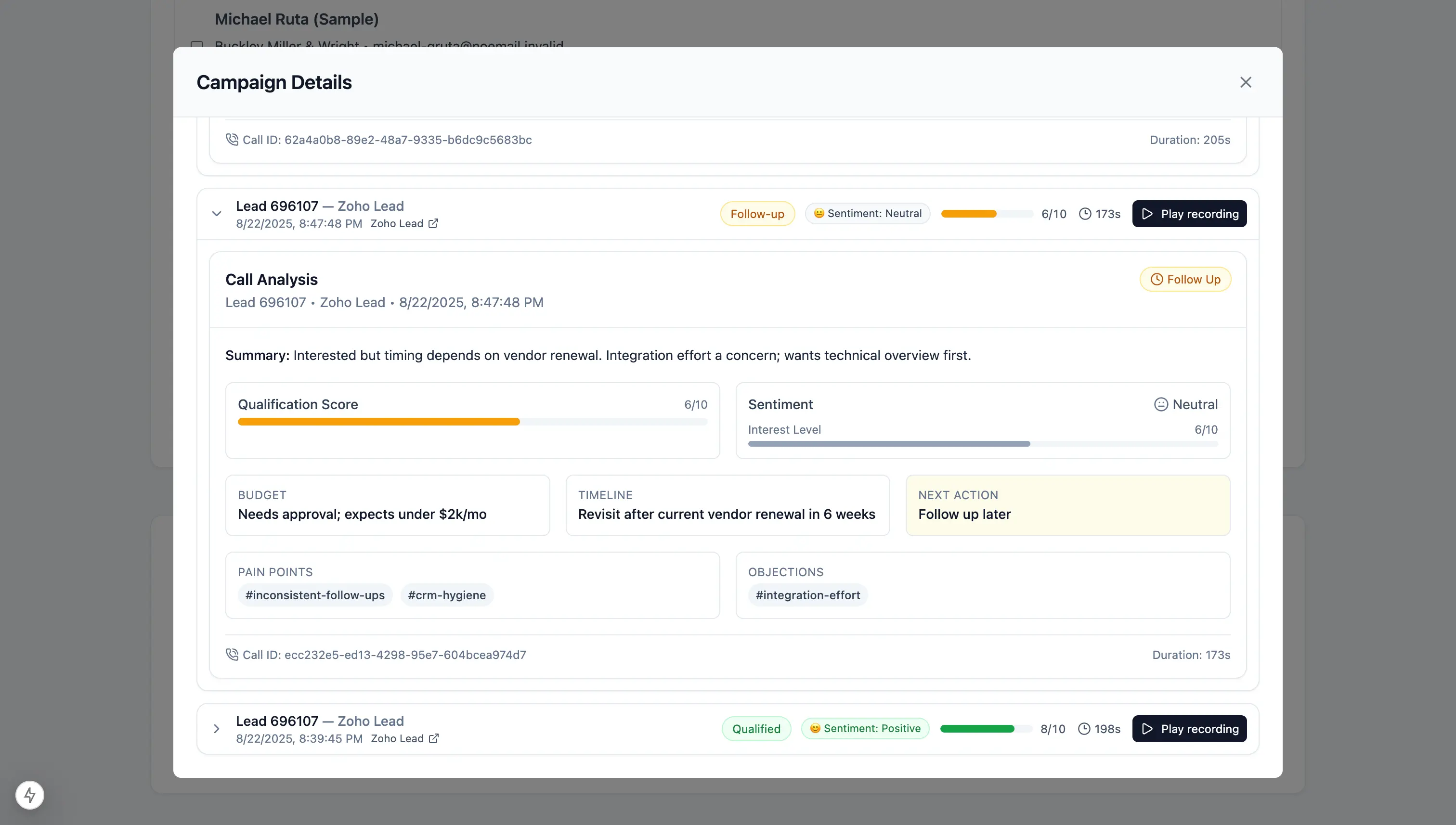The Rise of AI-Driven Communication: Are We Ready for Voice Assistants That Do the Talking?

Discover the future of communication with AI voice assistants. Learn how these intelligent agents are transforming how we interact with technology.
Ready to Transform Your Business Communication?
Use Gabbee to automate your phone calls and boost productivity.
Try Gabbee FreeNo credit card required • 10 free calls
"Hi, I'm calling to schedule a haircut appointment for next Tuesday at 2 PM." The voice sounds natural, with subtle variations in tone and perfect timing. But this isn't a human calling—it's an AI assistant making the appointment on behalf of its user. Welcome to the new frontier of digital communication, where artificial intelligence isn't just listening and responding—it's actively engaging in conversations on our behalf.
From Simple Commands to Complex Conversations
Remember when asking Siri to set a timer felt revolutionary? Those early voice assistants, while groundbreaking, were essentially sophisticated command processors. They could understand and execute simple instructions but struggled with natural conversation. Fast forward to today, and we're witnessing an exponential leap in AI's conversational capabilities.
The journey from Siri's basic functionality to today's advanced AI communicators reflects a fundamental shift in how we interact with technology. Modern AI assistants can understand context, remember previous interactions, and even adapt their communication style to match the situation. They've evolved from digital butlers to sophisticated communication partners.
The Ethics of Digital Ventriloquism
As AI begins to speak on our behalf, we enter uncharted ethical territory. When an AI makes a call pretending to be human, or negotiates a contract using your voice profile, where do we draw the line between convenience and deception? The question of consent becomes paramount: should businesses be required to disclose when they're using AI communicators? Should recipients of AI calls have the right to know they're not speaking with a human?
Privacy concerns also loom large. For AI to effectively communicate on our behalf, it needs access to our personal information, communication patterns, and potentially our voice data. This raises questions about data security and the potential for misuse. What happens when our digital voice falls into the wrong hands?
From Theory to Practice: AI Communication in Action
Despite these challenges, businesses and individuals are already embracing AI-driven communication tools. Take Sarah Chen, a small business owner in Seattle, who uses an AI assistant to handle customer appointment scheduling. "It's like having a full-time receptionist who never takes breaks and can handle multiple calls simultaneously," she explains. The AI handles routine bookings while flagging complex requests for human attention.
In the corporate world, AI communicators are negotiating meeting times across time zones, following up on emails, and even conducting initial job candidate screenings. Some startups are pushing the boundaries further, developing AI systems that can participate in basic price negotiations or handle customer service escalations with surprising effectiveness.
The Future of Human-AI Communication Symbiosis
As we look ahead, the potential applications seem limitless. Imagine AI assistants that can:
- Conduct preliminary legal consultations
- Navigate insurance claims
- Handle real estate inquiries
- Coordinate complex group activities
- Provide mental health support triage
But technology experts caution against viewing AI communication as a complete replacement for human interaction. Dr. Marcus Rivera, an AI ethics researcher at MIT, argues that "The goal isn't to eliminate human communication but to enhance it. AI should handle routine interactions so humans can focus on more meaningful conversations."
Finding the Balance
The rise of AI-driven communication tools presents both opportunities and challenges. While these technologies can increase efficiency and accessibility, they also raise important questions about authenticity and human connection in an increasingly digital world.
For businesses and individuals considering adoption, the key lies in thoughtful implementation. This means:
- Being transparent about AI use in communication
- Setting clear boundaries for AI interaction
- Maintaining human oversight for sensitive communications
- Regularly assessing the impact on customer and personal relationships
As these technologies continue to evolve, one thing becomes clear: AI-driven communication is not just about technological capability—it's about finding the right balance between efficiency and authenticity, between automation and human connection.
Are we ready for voice assistants that do the talking? Perhaps the better question is: How do we want to shape this technology to serve our needs while preserving what makes human communication special? The answer will likely emerge through careful experimentation, thoughtful regulation, and ongoing dialogue between technology creators and users.
The future of communication may not be entirely human, but it should always remain humane.
Ready to automate qualification calls?
Launch an AI BDR for Zoho CRM in minutes — natural conversations, objection handling, transcripts, and outcomes written back automatically.
- • Two‑way Zoho CRM sync
- • Call recordings, transcripts, and summaries
- • Qualification scoring with clear next steps
New users get 10 free calls.
